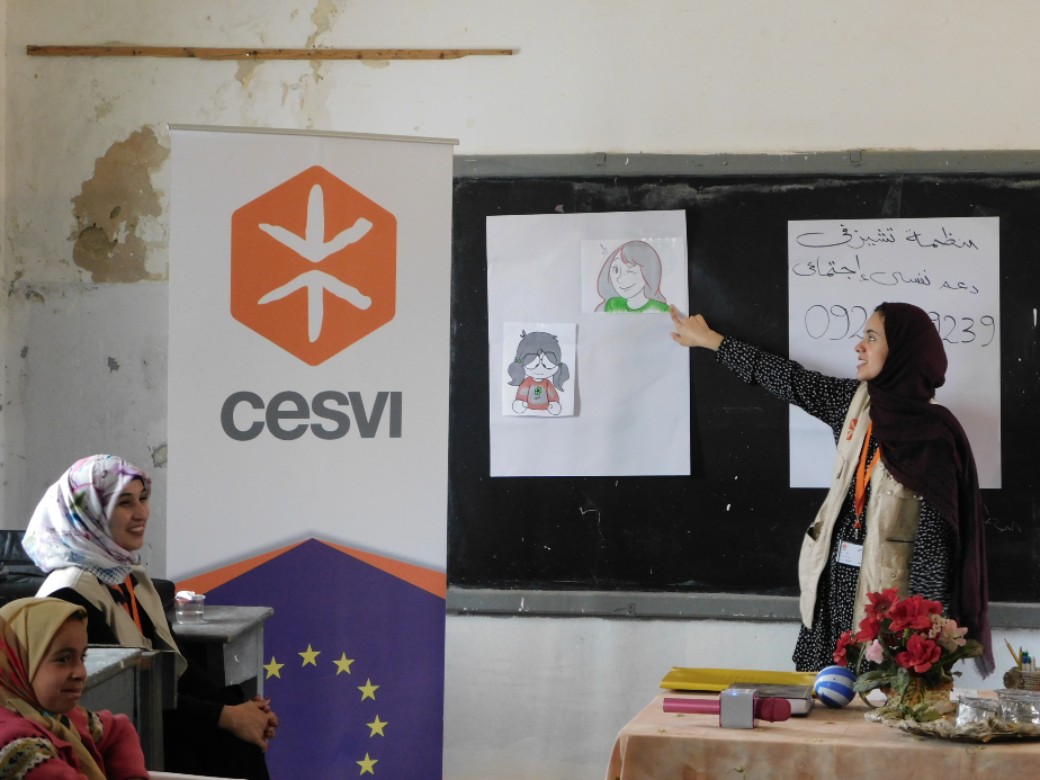In 2020 alone and not considering the consequences of the global COVID-19 pandemic, 59 countries have been affected by humanitarian crises. In this scenario, the humanitarian community is called to play a role of utmost importance in crisis contexts around the world. It goes beyond the provision of life-saving assistance, to embrace a broader approach that puts the affected individuals and communities at the centre of its actions with the aim of promoting their safety, dignity, self-reliance and rights.
Cesvi Foundation – active for over 35 years around the world in response to emergencies, abuses and human rights violations – promotes a shift in the paradigm of aid delivery going beyond the emphasis given to vulnerabilities. For Cesvi the humanitarian intervention should be focused on the mobilisation and reinforcement of the protective factors, resources and skills – both at individual and community level – that help to promote resilience, i.e. the development of the conditions that allow the generation of the human being.
In this spirit, Cesvi Foundation – supported by the consultancy of Francesca Giordano and Alessandra Cipolla, members of the Resilience Research Unit (RiRes) of the Catholic University of Milan – has developed a new model integrating a resilience-focused approach in its specialised protection services, such as case management.
This experience is built upon the specificities of the Libyan context – where Cesvi Foundation operates since 2011, following the aftermath of the Arab Spring – and on the assumption that, while the impact of the crisis in Libya has been severe on a range of people and communities, needs varied according to the characteristics and contextual situation of different populations. Given the complexity of the Libyan situation, a one-size fits all approach could not be effective. Therefore, Cesvi Foundation considered that it is of utmost importance to embrace a flexible approach where, instead of a pre-designed manualized approach, the focus is given on developing key competences and defining core principles that guide the operators to tailor their support to the specific needs of the target groups.
Resilience-focused Case Management: A manual for frontline workers represents the final result of this process and is centred on the key role of frontline operators: the case workers. The manual is designed to support case workers in Cesvi Foundation and in other organisations that are seeking to adopt a resilience-focused approach in the provision of protection services to strengthen the wellbeing and the resilience of children and adults who have experienced traumatic events.
